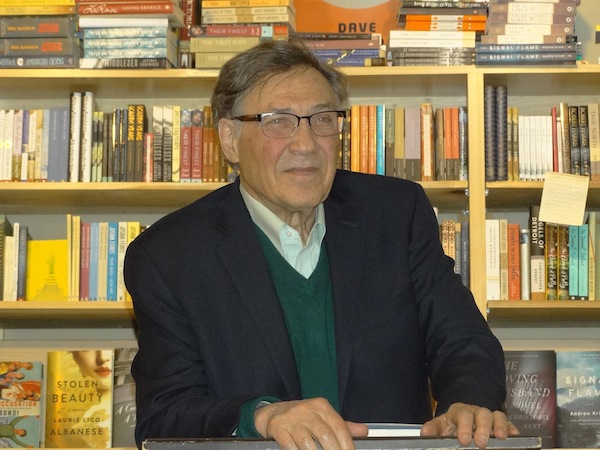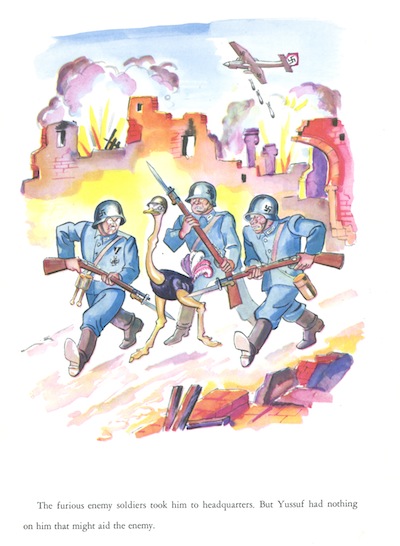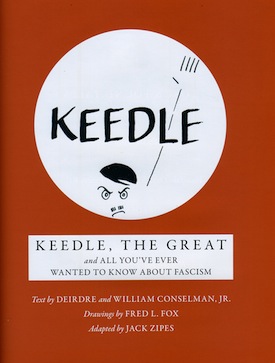Tomorrow is Black Excellence Day. The day is adjacent to the birth date of Martin Luther King Jr. and is being recognized in at least 20 B.C. school districts.
Founded last year to draw attention to the lack of Black history being taught in Canadian schools and to highlight the struggles of racialized Canadians, it was originally named Black Shirt Day. The name followed the pattern of other social justice days, such as Pink Shirt Day (anti-bullying) and Orange Shirt Day (truth and reconciliation). Unfortunately, the name Black Shirt Day carries unintentional connotations. The Blackshirts were fascist paramilitary thugs in Italy, akin to the German Nazi Brownshirts.
Many people in the Jewish community expressed concern over the name, as did the B.C. Human Rights Commission. Among the Jewish groups that spoke with the Ninandotoo Society, whose members initiated the commemoration last year, were the Vancouver Holocaust Education Centre and the Centre for Israel and Jewish Affairs (CIJA). In an interview with CBC, Geoffrey Druker, Pacific region chair of CIJA, said, “We were kind of gutted. It was painful because we still have Holocaust survivors among us and anybody who suffered from fascism and black shirts would have been hurt.”
In response to the comments, the Ninandotoo Society created Black Excellence Day, which still focuses on the ongoing civil rights struggle of Black and racialized Canadians and the need for a mandatory curriculum on Black history.
Kamika Williams, president of the society (“nina ndoto” means “I have a dream” in Swahili), told CBC, “For us, it wasn’t a matter of should we change the name, it was what should we change the name to. It would be very hypocritical of us to fight against racism within the Black community and then turn the other cheek when other racialized groups inform us of the racist nuances within their community.”
She said most of the discussions focused on “building solidarity … how do we move forward, how do we work together, how do we stay unified and combat racism together.”
Despite the fascist connotations, however, another group, Anti-Racism Coalition of Vancouver, is still going ahead with a Black Shirt Day, with the imprimatur of Independent Jewish Voices of Canada, among others.
Black Excellence Day (Jan. 15) and Martin Luther King Day (this year on Jan. 17 though his actual birthday is Jan. 15) fall just over a week after Jan. 6. This year, Jan. 6 was a time of widespread reexamination of the insurrection at the U.S. Capitol a year earlier. CNN, MSNBC and other mainstream networks provided exhaustive reviews of the events of that day and insights into the larger meaning for its victims – Capitol police, elected officials, staffers, their families and so forth – while right-wing media perpetuated their line that the attempted coup was nothing more than rambunctious tourists.
The Atlantic magazine’s current issue, with the cover story “January 6 was practise,” devotes almost every word in the magazine to the events of that day and what it means for the future. Relatively obscure civil servants and elections administrators were, in some instances, the main bulwark against Trump’s efforts to subvert the will of voters in states like Georgia, Arizona and elsewhere. But, argues the Atlantic, supporters of the insurrection and the “big lie” that Trump won and the election was stolen are now taking their places at the most sensitive (if least understood) nexus of the election bureaucracy. The alarming, pessimistic tone of the magazine’s issue could be summed up as: American democracy has about three years to live.
Various media have raised alarms about these attempts to grab the election levers – and revisited how it was not so much institutions or constitutional niceties that prevented Trump’s coup attempt from succeeding but a very small number of stiff-backed individuals, including then-vice president Mike Pence, who provided the frail barricade around the will of the country’s voters.
The health and survival of American democracy, put mildly, is not a matter of concern for Americans only. Its demise would eliminate what moral suasion the country holds in the world – to say nothing of the potential for misuse of military power. For Canadians, chaos on the other side of the world’s longest undefended border would be cause for serious concern. And any threat to democracy is a threat, foremost, to the most vulnerable and marginalized, Jews included.
Sadly and scarily, this phenomenon is not exclusive to the United States – illiberal strains are gaining ground in various places in Europe, Latin America and elsewhere. What is needed (among many other things) is a mass cultural movement recognizing these dangers and ensuring the health of democracy – or at least giving it a fighting chance if a chunk of the population rejects the outcome of future elections.
While the United States, Canada and pretty much every democracy have not always lived up to their promise – indeed, they have failed in serious ways – democracy is our collective best chance to achieve just societies. For countless Jews, and millions of others yearning to breathe free, America has been a beacon, despite its flaws. We must not just hope, but take action to help make sure its light – and that of other democracies – does not go out.



